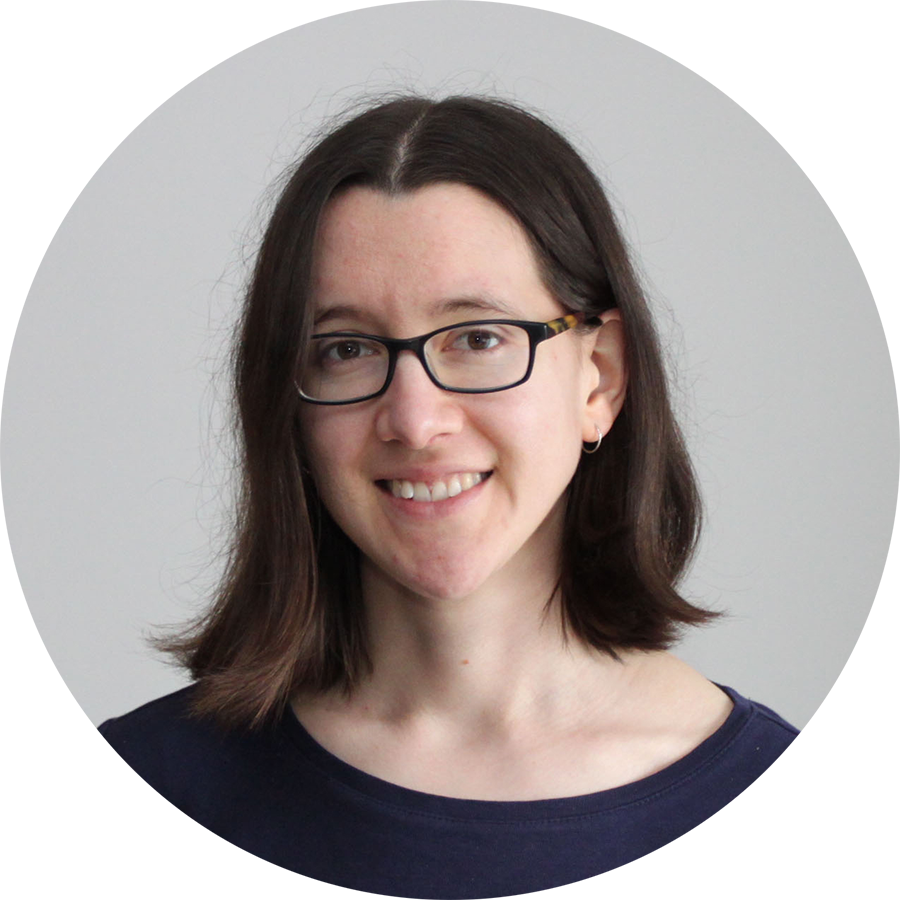Biblical Languages
At Laidlaw College, we offer introductory classes in biblical Hebrew, the language of the Old Testament, and Koiné Greek, the language of the New Testament. Engaging with the Bible in its original languages can offer additional nuance and depth to our understanding of the Word of God that translations aren’t always able to offer, such as poetic features and word plays dependent on the sounds of the languages themselves. We teach the biblical languages because, as a College, we believe it is important to equip our students with the skills to faithfully read and interpret the Word of God for the benefit of the world and the church. They are an important skill for anyone who wants to pursue a career as an academic in biblical studies and can enrich the ministry and spiritual life of those serving the church, engaging in ministry, or simply seeking to journey with God.
At Laidlaw we are committed to using the most up to date and effective methods of language teaching, and these methods make learning the languages fun and engaging. Just like modern languages are taught today, our students learn how to speak and understand Greek and Hebrew, as well as being able to read and write the languages. Even though the goal is to read the Old and New Testaments in Greek and Hebrew, it is now understood among language teachers all four skills of listening and speaking, reading and writing, are important to actually learn a language and be able to read the original biblical texts with minimal help from dictionaries, grammar books and computer software. It is no longer all about memorising a whole lot of tables and rules. Instead, we speak and interact with each other using Greek and Hebrew. We use props and everyday objects to describe the world around us. We read stories, sing songs, and engage with the Word of God in its original languages. There is always a lot of laughter and a lot of learning.
The languages are offered as part of the Bachelor of Theology and Graduate Diploma in Theology programmes and one of either Greek or Hebrew is required as part of the biblical specialisation for the BTh. However, anyone who is interested in learning the biblical languages can sign up for our courses, as part of their degree or as a separate certificate of proficiency. Each language takes a whole year to learn, with two papers (one in each semester starting at the beginning of the year) covering the main features of the language and engaging with the biblical text along the way.
Each year we offer courses for both languages. One language is always
offered in person at the Henderson campus with two classes each week
during the day. These classes are also open to online students who can
join in via Zoom. The other language is offered online with two classes
each week during the evening. This is so that anyone who is working full
time or can’t make the classes during the day can still come along and
learn Greek or Hebrew. Each year the courses alternate so it is possible
to learn both over two years.

106.515 HEBREW 1
Julia van den Brink
This course explores an introductory study of biblical Hebrew, including basic vocabulary and key points of grammar.*
108.515 GREEK 1
Julia van den Brink
This course is an introductory study of the grammar and vocabulary of Biblical Greek, and its application in translation and exegesis.*
107.515 HEBREW 2
Julia van den Brink
This course is a continuation of 106.515 Hebrew 1, and develops students in preparation for translation and exegesis of biblical Hebrew.*
109.515 GREEK 2
Julia van den Brink
PRE-REQUISITE: 108
This course is a continuation of 108.515, a study of the grammar and vocabulary of New Testament Greek, and its application in translation and exegesis.*
*Note: For distance learning it is strongly encouraged that students attend the two weekly classes (as per the Henderson Theology timetable) via Zoom to get the most out of the course.


Dr Julia van den Brink
Biblical Languages Lecturer
Julia is an Associate Lecturer, teaching the biblical languages, Greek and Hebrew to both distance and on campus students, as well as other biblical courses when needed. She is based at Laidlaw's Henderson campus.
Julia completed a Bachelor of Theology and Postgraduate Diploma in Theology through Laidlaw College and a PhD through Otago University. Her doctoral research focused on Luke's Gospel, specifically how the Lukan beatitudes and woes (Luke 6:20-26) draw on Old Testament blessings and curses (especially Deut 28), and examined how the theme of covenant blessing and curse appears throughout the Third Gospel. Most recently, she completed a Postgraduate Certificate in Academic Practice through Auckland University to increase her teaching skills.
Over the last few years, Julia's research interests have expanded to include the writings of Luke-Acts and what it means to be described as blessed throughout the Bible. Her teaching role has led her to examine the range of different ways biblical languages can be taught to theological students and how these insights can be applied to both in-person classes and distance courses.
